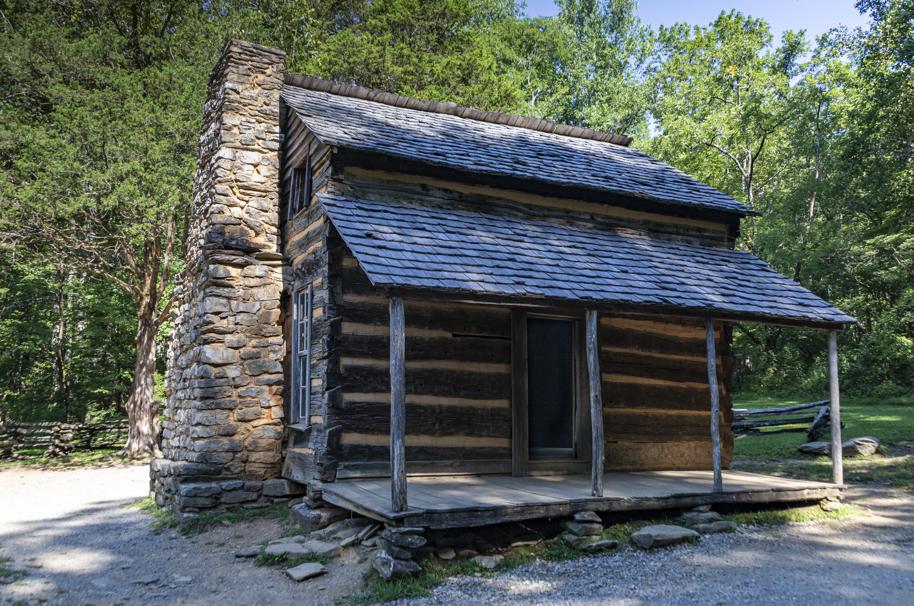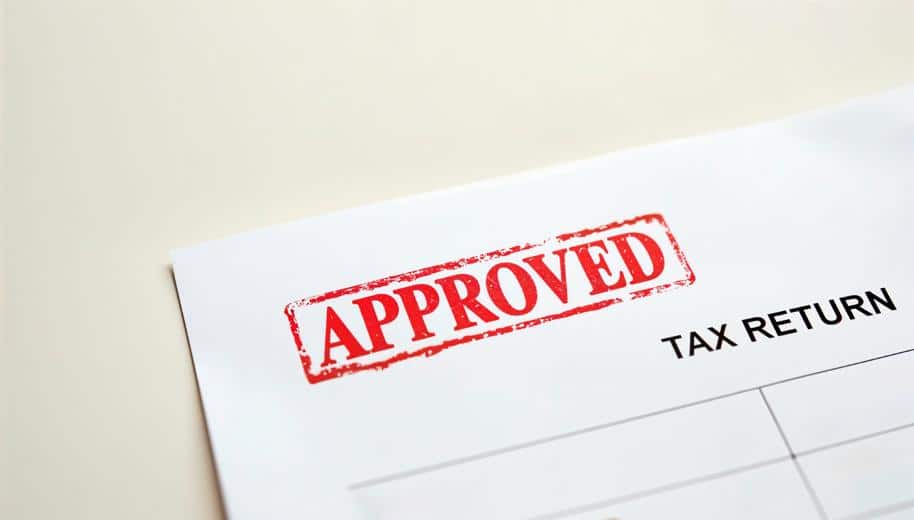Entering the housing market is not easy these days and this is true in many communities across Canada. Prices are high, competition is stiff and market conditions seem to shift quickly. A lot of Canadian Taxpayers wonder how they can break into the market, and how they can stretch their dollars as far as possible.
When we think about how best to manage our money, and what we want to accomplish with it, purchasing a first home is often at the top of the list. It is not always easy to know what mechanisms are out there that we can take advantage of. That is why our top tax lawyers at Tax Law Canada are talking about available financial tools and resources to get the conversation going.
No surprise that we want to discuss tax incentives. You might be considering whether you can buy your first house. It is possible you will feel discouraged by this exercise. You may qualify for benefits, credits, or tax incentives administered by the CRA for first-time homebuyers. It could be that these incentives are just what you need.
But let’s back up for a minute. Before qualifying for these incentives, and other benefits and credits, there is one very important task that you must do. You must file your income tax return. Simple enough, right, but very important. Filing your income tax return is the first step to qualify for any benefits, credits, or other tax incentives such as the ones for housing.
What are these tax incentives for first-time home buyers?
Here are some new and existing housing benefits and tax credits that could help you buy your first home:
First Home Savings Account (FHSA)
The FHSA is a registered account that could allow you to save for your home with tax advantages. Contributions are generally tax deductible and withdrawals for the purpose of buying or building a qualifying home are tax-free.
Taxpayers can open a First Home Savings Account as of April 1, 2023. You are a qualifying individual if you meet all of the following requirements at the time the account is open:
- Be of at least 18 years of age and less than 71 years of age on December 31 of the year,
- Be a resident of Canada,
- Be a first-time home buyer.
For the purpose of opening a First Home Savings Account, you will be considered to be a first time buyer if you did not, at any time in the current calendar year before the account is opened or at any time in the preceding four calendar years, live in a qualifying home (or what would be a qualifying home if located in Canada) as your principal place of residence that either you owned or jointly owned or your spouse/common-law partner (at the time the account is opened) owned or jointly owned.
How to open a First Home Savings Account
You can open a First Home Savings Account through a First Home Savings Account issuer such as a bank, credit union, or a trust or insurance company. Your issuer will advise you on the types of First Home Savings Account and the qualified investments they contain.
You can have more than one First Home Savings Account at any given time, but in order to avoid unintended tax consequences, the total amount you can contribute to all of your First Home Savings Accounts and Transfer from your Registered Retirement Savings Plans to all your First Home Savings Account in a calendar year cannot be more than your First Home Savings Account participation room for that year.
Existing measures for first-time home buyers:
Home Buyer’s Plan (HBP)
Home Buyer’s Plan could allow you to withdraw up to $60,000 from your Registered Retirement Savings Plan (RRSP) to buy or build a home for yourself or a related person with a disability. The withdrawal is tax-free if it is paid back within the required timeframe.
Pro Tax Tip: Taxpayers can make a withdraw from their First Home Savings Account and Registered Retirement Savings Plan under the Home Buyer’s Plan for the same house, as long as they meet all of the conditions at the time of each withdrawal.
First-Time Home Buyer’s Tax Credit (HBTC)
The Home Buyer’s Tax Credit could allow first-time home buyers who acquire a home to claim a non-refundable tax credit of up to $1,500.
GST/HST New Housing Rebate
If you’re buying a newly built home, you’ll need to pay HST or GST on top of the purchase price. You pay for it for the same reason that you pay sales tax on almost everything else you buy. Whether you’ll pay GST or HST depends on your province, as will your final tax rate. But no matter where you live, you can qualify for one of the two housing rebates. While the rebate is often used by first time home buyers, it’s available for everyone.
First, the new housing rebate equals 36% of the GST that all buyers need to pay when buying a new home in Canada. This rebate is up to $6,300 and valid on homes with a fair market value of $350,000 or less. If you’re buying a home priced above this amount but still less than $450,000, don’t fret. There is still a partial rebate that can be claimed.
In HST participating provinces (New Brunswick, Newfoundland and Labrador, Nova Scotia, Ontario, and Prince Edward Island), the rebate is 36% of the federal component (the GST) of the tax. There may be additional provincial rebates available for the remainder of the HST.
Who’s eligible for the GST/HST rebate?
As long as you, and anyone else you’re buying with, an individual home buyer and not a corporation or business partnership, you’re eligible for this rebate if:
- Your home is listed as your primary place of residence, and
- You’ve purchased a new or substantially renovated single, semi, condo, townhouse, mobile, or modular home from a builder, or you purchased a share of interest in a co-operative home.
And yes, first-time home buyers are also eligible for the GST/HST new housing rebate, on top of other programs available to them.
Other programs for first time home buyers
Aside from the incentives administered by the CRA, there are additional programs available for first time home buyers. The Government of Canada offers a first tine home buyer incentive and new construction funding for Indigenous housing for on and off reserve communities in Canada.
Conclusion
To sum up, here is what Canadian Taxpayers need to know. The Government of Canada has benefits, credits, and incentives to support you as a first-time homebuyer. To access these and other tools and resources, make it a habit of filling in your income tax return each year.
Pro Tax Tip: How to maximize your tax savings by using all available government schemes together for your dream of owing a house:
Taxpayers can make a withdraw from their First Home Savings Account and Registered Retirement Saving Plan under the Home Buyer’s Plan for the same house, as long as they meet all of the conditions at the time of each withdrawal. Taxpayers can also jointly pay for the same house using First Home Savings Account and Registered Retirement Savings Plan under the Home Buyer’s Plan.
For example, a couple can withdraw $40,000 individually from the First Home Savings Account and $60,000 from Registered Retirement Savings Plan under the Home Buyer’s Plan for a down payment for the same house. This totals up to $200,000 for a couple for the same house.
FAQ:
What is the maximum rebate under HST/GST New Housing Rebate in Ontario?
The maximum Ontario new housing rebate amount that is available is $24,000, which is equal to 6% of $400,000. In essence, home buyers are paying 2% of the provincial tax in Ontario on the first $400,000 of the purchase price and 8% thereafter. The rebate amount has been capped to apply to the first $400,000. Unlike the Federal rebate however, one can still apply for the Provincial rebate on homes valued above $450,000.
Disclaimer: This article provides information on general nature only. It is only current at the posting date. It is not updated, and it may no longer be current. It does not provide legal advice nor can it or should be relied upon. All tax situations are specific to their facts and will differ from the situations in the articles. If you have specific legal questions, you should consult a Canadian Tax Lawyer.



